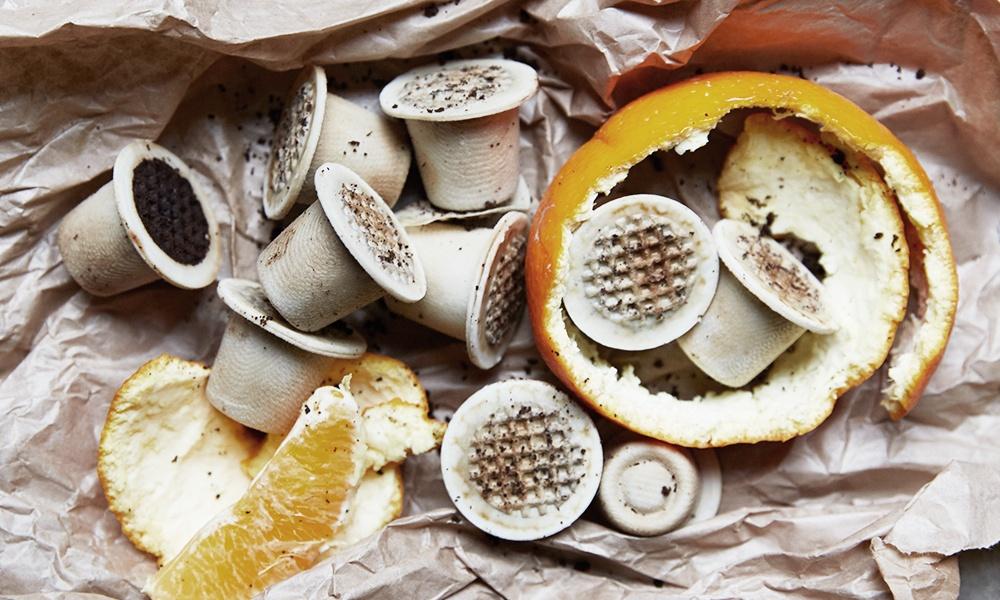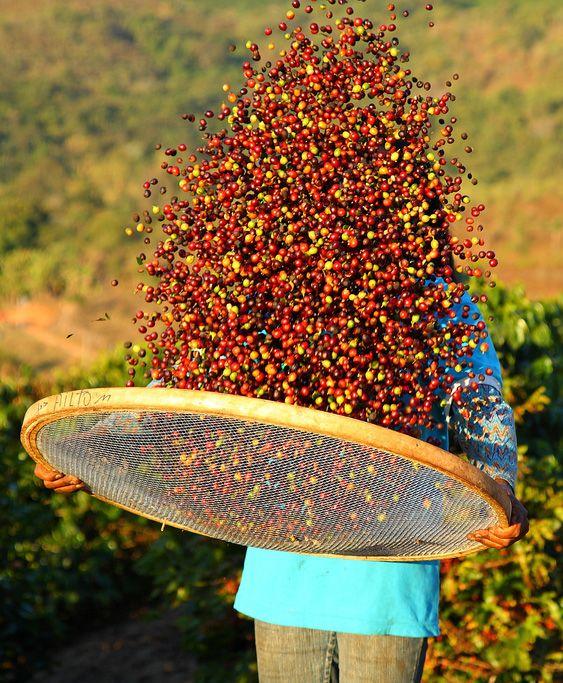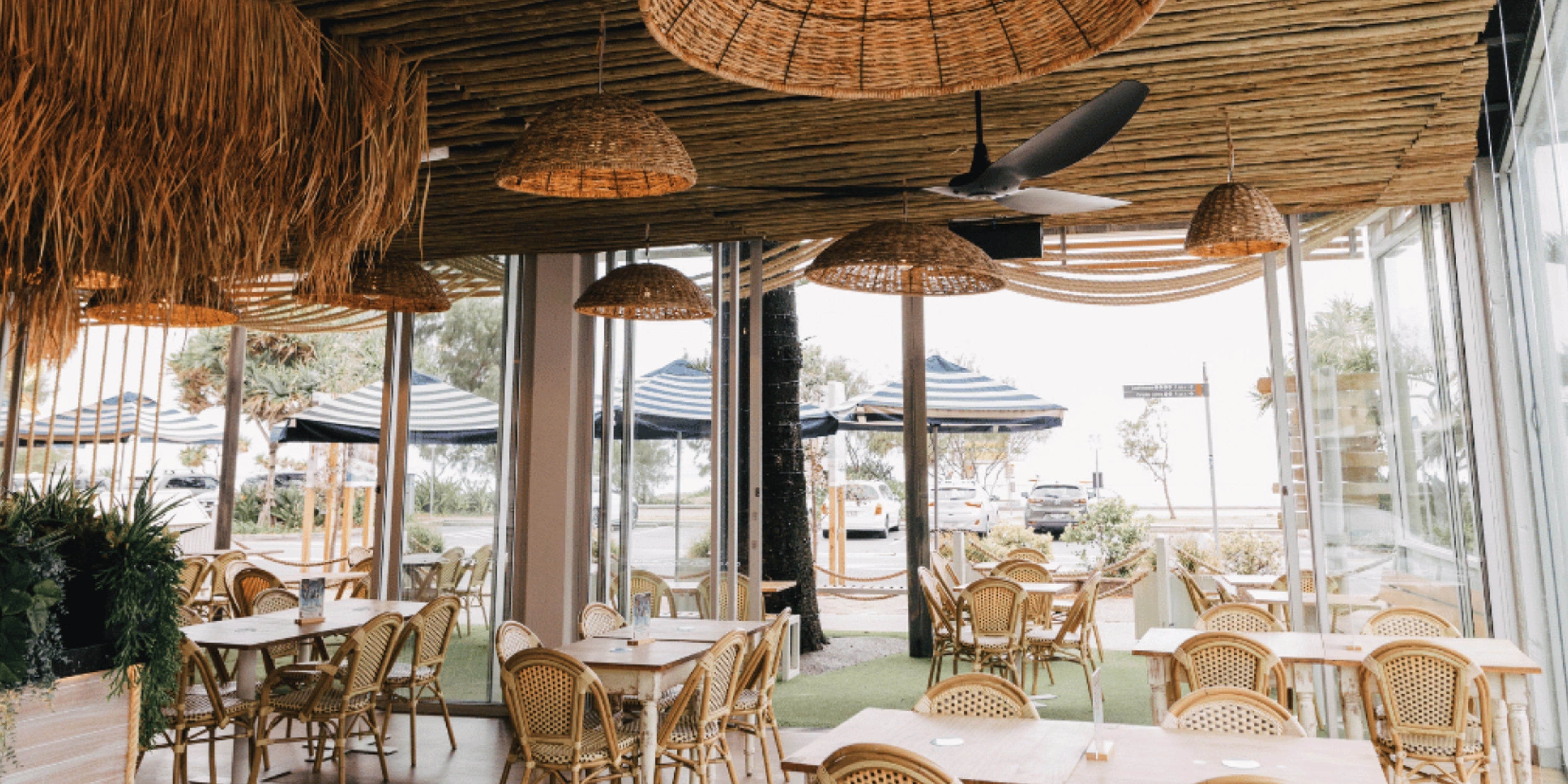Compostable vs. Biodegradable, what’s the difference?

We’re sure you’ve heard the terms biodegradable and compostable before, but what is the difference? Is one better than the other? Is one safer than the other? And how are the coffee brands out there green washing you, claiming their products are fully compostable even though they are still using plastics and aluminium? We’re here to help you out, explain the facts and increase your awareness!
We should probably start you off with a quick definition lesson just so you can try and wrap your head around the differences.
Compostable: A product that is capable of fully breaking down into organic matter in a compost environment without leaving any toxins in the soil. This will usually occur within 90 days.
Biodegradable: A product that naturally breaks down, usually in landfill, over time turning into natural elements. This process will usually occur within 180 days and does not include most plastics as they are typically not biodegradable.
So basically what we can take from this is that a compostable product breaks down in a much quicker time frame, will always fully break down and will leave no toxins in the soil. A biodegradable product will also fully break down (as long as there are no plastics in the product) but it will take a much longer time period to do so. In the meantime the waste elements are sitting in landfill contributing to pollution for up to half a year. Basically what this tells us is that although biodegradable is still a step forward for sustainability, compostable products are both the better and safer option for our environment.
Many coffee brands have been jumping on the compostable band wagon, creating compostable coffee pods that are “safe” for the environment. However, a lot of these pods are not exactly as they claim!
Some pods have their toppers made out of aluminium which can take up to a decade to break down. Some capsule bodies are not made out of biodegradable plastics and instead plastics which do not break down. Many are also packed in plastic wrap! As stated above a compostable product will fully break down within 90 days and a biodegradable product will break down within 180 days. Many brands advertise that their compostable capsule breaks down within 180 days and some even state 720 days! Not only are some of these capsules not biodegradable, but they are certainly not compostable.
Coffee brands are getting away with these false claims as there is currently no regulation in this area in Australia. Although the packaging industry has made an agreement with the government to deliver 100% recyclable, compostable or reusable packaging by 2025, regulation of what is actually certified compostable and what is not has not yet been discussed. Therefore, businesses are still free to say what they want and put what they want on their packaging without implication.
So next time you want to buy sustainable, environmentally friendly coffee, make sure you know what to look for in a compostable or biodegradable capsule.
References:
Australian Government, ‘Latest News’, Australian Packaging Covenant
http://www.environment.gov.au/protection/waste-resource-recovery/plastics-and-packaging/packaging-covenant
Capsule Pack, ‘Nespresso Compatible 100% Biodegradable & Compostable Capsules’, Our Packaging Service
https://www.capsulepack.com.au/biodegradable-capsules.html
European Bioplastics, ‘What is the difference between biodegradable and compostable?’ FAQ, https://www.european-bioplastics.org/faq-items/what-is-the-difference-between-biodegradable-and-compostable/
Dictionary.com, ‘Compost’ and ‘Biodegradable’, https://www.dictionary.com



